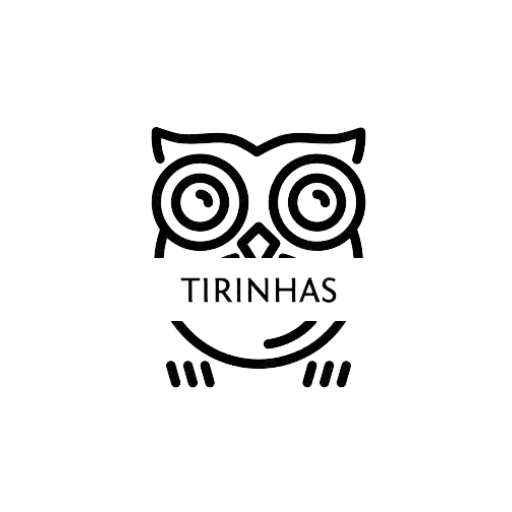The universe of self-help is vast and offers valuable resources for those seeking personal growth and emotional development.
Through reading, it is possible to acquire new perspectives, strengthen your mindset and find inspiration to face everyday challenges.
For those who want to start or delve deeper into this type of literature, I have selected five books that are not only renowned, but that have the potential to bring about profound changes in different areas of life.
Follow the instructions and prepare yourself for a journey of self-knowledge and transformation.
1. “The Power of Habit” – Charles Duhigg
Habits play a crucial role in our lives, shaping much of our daily actions, often without us even realizing it.
In “The Power of Habit”, Charles Duhigg explores how these behavior patterns form and how we can change them to our advantage.
The author introduces the concept of habit loop, which consists of three main components: kitten, routine It is reward.
Duhigg demonstrates how, by identifying and manipulating these elements, we can replace harmful habits with constructive ones.
This book is essential reading for anyone seeking to better understand and control the automatic aspects of their lives, whether in health, work or relationships.
2. “Secrets of the Millionaire Mind” – T. Harv Eker
To the limiting beliefs that we carry about money can be a big obstacle to achieving prosperity. In “Secrets of the Millionaire Mind”, T.
Harv Eker reveals how these often unconscious beliefs shape our financial reality. Eker argues that we need to reprogram our mentality so that it is aligned with the goals of wealth and success.
The book is divided into two parts: the first explores the “money blueprint,” a kind of mental script that each of us follows; the second part presents 17 attitudes and habits that distinguish financially successful people.
Reading is essential for anyone who wants to achieve financial freedom and change the way you deal with money.
3. “The Subtle Art of Not Giving a F*ck” – Mark Manson
In the world of self-help, it is common to find books that extol positive thinking and the incessant search for happiness.
However, in “The Subtle Art of Not Giving a F*ck”, Mark Manson challenges this view, proposing a more realistic and, in a way, liberating approach.
The author argues that accepting our limitations and the inevitable hardships of life is the first step to finding genuine happiness. Manson suggests that by learning to say “no” to the inessential, we can focus our efforts on what truly matters.
This book is especially recommended for those who feel overwhelmed by social expectations and are looking for a more authentic and meaningful life.
4. “How to Win Friends and Influence People” – Dale Carnegie
First published in 1936, the work “How to Win Friends and Influence People” by Dale Carnegie remains a timeless classic of self-help.
Although the world has changed dramatically since then, Carnegie's principles on social skills and human relationships remain relevant.
The book offers a series of practical techniques to improve communication, increase empathy and build genuine connections with the people around you.
Carnegie emphasizes the importance of becoming a good listener, showing sincere appreciation for others, and avoiding criticism and condemnation.
For anyone who wants to improve their interpersonal relationships, whether personal or professional, this book is essential reading.
5. “Mindset: The New Psychology of Success” – Carol S. Dweck
In “Mindset: The New Psychology of Success”, Carol S. Dweck, a professor of psychology at Stanford University, explores a powerful concept she calls mindset.
According to Dweck, there are two main types of mindset: fixed mindset and the growth mindset. People with a fixed mindset believe that their abilities and intelligence are innate and unchangeable.
Those with a growth mindset believe they can develop their capabilities through effort, learning and perseverance.
The book offers insights into how the type of mindset we adopt can impact our lives, from personal relationships to professional success.
Dweck presents practical strategies for cultivating a growth mindset, encouraging readers to embrace challenges, learn from criticism, and see effort as a path to mastery.
Conclusion
You books of self-help have the power to offer us new perspectives, inspire us to change behaviors, and motivate us to strive for a better version of ourselves.
The five works mentioned offer valuable lessons on habits, financial mindset, happiness, social skills It is personal growth.
By incorporating this knowledge into your life, you can not only overcome challenges, but also achieve higher levels of personal and professional fulfillment.
If you are looking for a significant transformation, these books are an excellent starting point.



